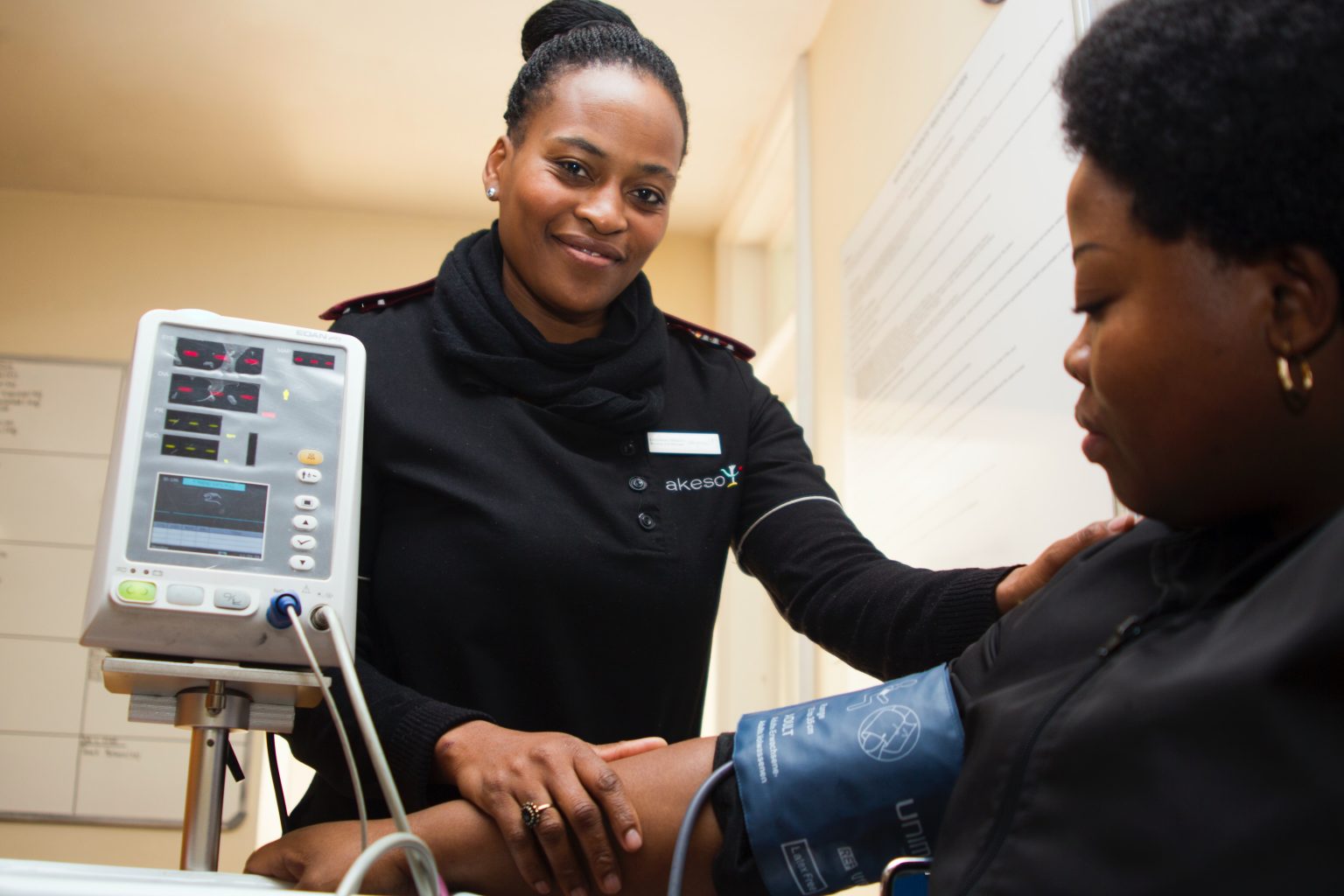- UK’s $18.86M investment will support healthcare workers recruitment and retention efforts in Kenya, Nigeria, and Ghana.
- Financing is seen as a boost to achieving universal health coverage while bolstering global pandemic preparedness.
- The three countries were selected for the financing due to their evident need for workforce support.
In a significant move to address pressing healthcare workers’ challenges in Africa, the UK government has allocated $18.86 million in funding to boost healthcare staffing levels in Kenya, Nigeria, and Ghana.
This investment is geared towards supporting healthcare staff recruitment and retention efforts. Overall, the investment seeks to fortify these nations against global health crises.
UK Health Minister Will Quince, speaking on the importance of this funding, emphasized that it aims to enhance the performance of health systems in these countries. Quince added that the initiative will have a cascading effect on improving global pandemic preparedness and reducing health disparities.
Boosting global pandemic preparedness
“This funding aims to make a real difference in strengthening the performance of health systems in each of the participating countries, which will have a knock-on effect on boosting global pandemic preparedness and reducing health inequalities,” said Minister Quince.
The funding is derived from the UK government’s Official Development Assistance (ODA) budget for 2022 to 2025. It is set to bolster the healthcare workforces in these African nations, all with the goal of achieving Universal Health Coverage.
UK says this will translate to improved access to health services for the citizens of Kenya, Nigeria, and Ghana.
Minister Quince highlighted the importance of having highly skilled and resilient healthcare staff as the cornerstone of a robust health service.
He expressed his delight in supporting the training, recruitment, and retention of skilled healthcare workforces in these countries.
According to the World Health Organization (WHO), there is a projected global shortage of 10 million health workers by 2030.
This shortage poses a significant threat to achieving universal health coverage worldwide while exacerbating global health inequalities.
Africa, home to 1.3 billion people, faces numerous healthcare workforce challenges. The region suffers from severe healthcare workforce shortages amid rising unemployment.
Further, the continent is experiencing excessive out-migration of healthcare professionals and suboptimal quality of training.
Shortfall of healthcare workers in Africa
Despite the existence of country plans and regional commitments to address these challenges, their implementation is slow due to inadequate financing and inefficient investment approaches.
By 2030, estimates show that Africa will experience a shortfall of 5.3 million health workers. Africa’s public health system has historically struggled to provide optimal healthcare services.
Across the economies healthcare services are often organized in a pyramidal structure where national hospitals offer the best healthcare services, while rural areas have less access.
Currently, Africa has only 2.3 healthcare workers per 1,000 population. This is a stark contrast to the Americas, which boasts 24.8 healthcare workers per 1,000 population.
A survey by WHO reveals that there are approximately 3.6 million health workers in 47 of Africa’s 54 countries. Nurses and midwives make up 37 percent of the health workforce. Medical doctors comprise 9 percent, laboratory personnel 10 percent, and community health workers 14 percent.
Those under “other health workers” comprise 14 percent, while administrative and support staff are 12 percent. Notably, 85 percent of health workers in Africa servce in the public sector.
Rising demand for healthcare workers
The emergence of the COVID-19 pandemic highlighted the need for international collaboration to combat global health threats. It placed considerable pressure on the UK’s National Health Service (NHS) and prompted workforce retention challenges worldwide due to increased demand for healthcare staff.
Minister Quince said addressing critical workforce challenges is pivotal in strengthening health systems and building global resilience against future pandemics. It ensures the protection of people worldwide, including those in the UK.
As part of the ODA funding, $7.55 million will support WHO in delivering workforce planning and capacity building.
This includes enhancing administrative systems and creating training and retention opportunities in collaboration with local governments and healthcare stakeholders.
Additionally, the Department of Health and Social Care will oversee an $11.31 million two-year competitive grant scheme for a not-for-profit organization.
This organization will coordinate partnership efforts in the participating countries. The move will foster links between UK institutions and local health systems, promoting skills exchanges. Further, it will help improving curriculum, regulation, and guidance in Kenya, Nigeria, and Ghana.
Training opportunities for refugees
The funding builds upon a previous commitment of $6.28 million as part of the Building the Future International Workforce ODA program. ODA aimed at improving health workforce planning and management, providing training opportunities for refugees and displaced individuals. It also sought to establish connections between NHS institutions and country health institutions.
Kenya, Nigeria, and Ghana were selected for this ODA award due to their evident need for workforce support, manifesting in high mortality rates, low staff numbers, and unemployment among trained health workers.
This commitment by the UK government underscores the urgency of addressing healthcare workforce challenges in Africa. Additionally, it contributes to the broader global effort to ensure access to quality healthcare services for all.
It is a testament to the shared responsibility of nations in safeguarding global health and building resilient healthcare systems.
